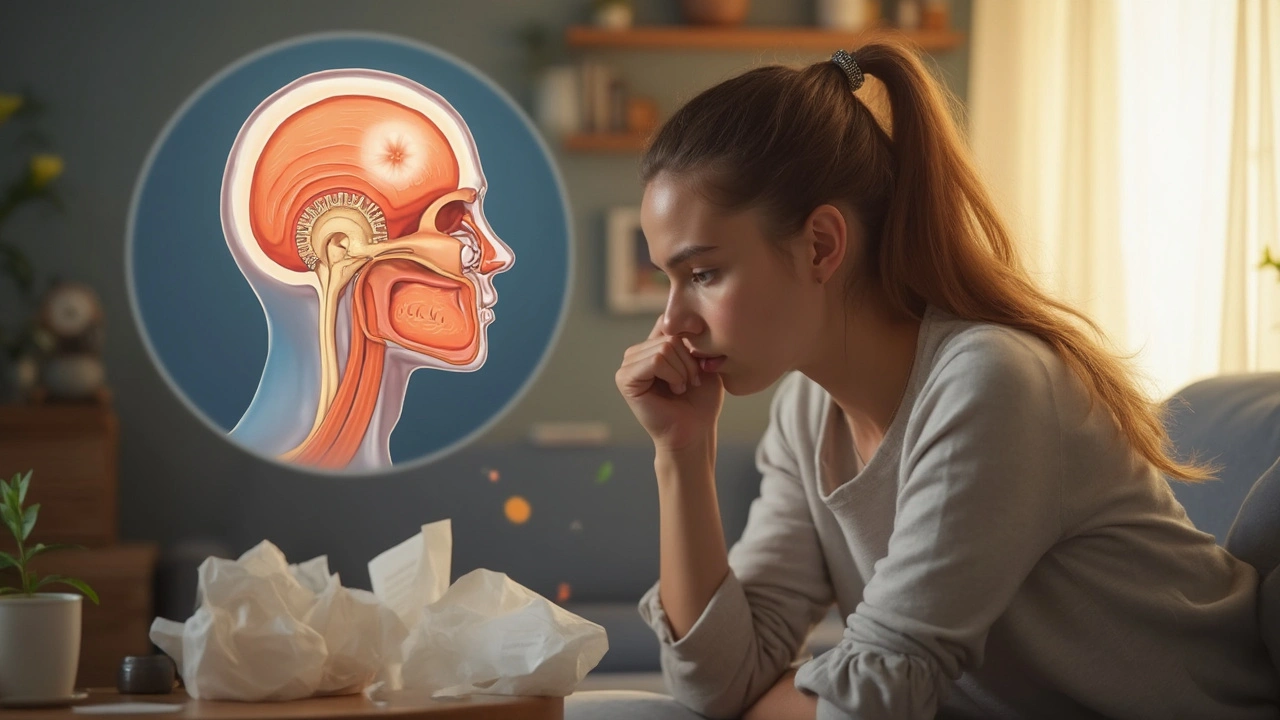Ever notice you have to turn the TV up a bit louder or ask people to repeat themselves? That’s a sign your hearing might be slipping. Hearing loss isn’t just an old‑person problem – it can affect anyone, and the good news is you can often slow it down or treat it if you catch it early.
In this guide we’ll break down the most common reasons people lose hearing, the symptoms that tell you it’s happening, and the everyday habits that protect your ears. No medical jargon, just clear tips you can use right now.
There are three big buckets of causes: age, noise, and health issues. Age‑related loss, called presbycusis, sneaks in after your 50s when the tiny hair cells in the inner ear start to wear out. Loud noise exposure is the fastest way to damage those cells – think concerts, power tools, or headphones at max volume for hours.
Health problems also play a role. Ear infections, earwax buildup, and conditions like diabetes or high blood pressure can affect hearing. Some medicines, especially certain antibiotics or chemotherapy drugs, have hearing loss as a side effect. If you’re on medication, ask your doctor if it could affect your ears.
Even a sudden change, like a burst eardrum from a dive or a blast, can cause immediate loss. Knowing the cause helps you choose the right fix, whether it’s a simple cleaning, a hearing aid, or a medical procedure.
Early signs are subtle. You might find yourself asking people to repeat themselves, especially in noisy places. Phones may feel too loud, or you might think you’re hearing a ringing or buzzing that isn’t there – that’s called tinnitus and often comes with hearing loss.
Another clue is difficulty hearing high‑pitched sounds like children’s voices or birdsong. If you notice any of these, it’s worth getting a quick hearing test. Many pharmacies and audiology clinics offer free screeners, and the process takes less than 20 minutes.
Don’t ignore the signs because they feel minor. The sooner you find out what’s happening, the more options you have to protect or restore your hearing.
1. Turn down the volume. If you need to shout to hear someone while wearing headphones, the volume is too high. Aim for the 60/60 rule – no more than 60% volume for no longer than 60 minutes at a time.
2. Use ear protection. When you’re around loud machinery, concerts, or shooting ranges, wear earplugs or earmuffs. Foam plugs are cheap and surprisingly effective.
3. Keep ears clean safely. A cotton swab can push wax deeper. Instead, use a few drops of mineral oil or a gentle ear‑cleaning kit, or let a professional do it.
4. Manage health conditions. Keep blood pressure, cholesterol, and blood sugar under control. Regular check‑ups can catch problems that might affect hearing early.
5. Take breaks from noise. If you work in a noisy environment, schedule quiet periods during the day. Even brief pauses give your ears a chance to recover.
6. Consider hearing aids early. Modern hearing aids are tiny, discreet, and can dramatically improve quality of life. Getting one before your loss gets severe often leads to a smoother adjustment.
7. Stay socially active. Engaging in conversation challenges your brain and ears, helping you keep both sharp. Join a club, call a friend, or practice listening to podcasts at a comfortable volume.
By combining these habits you’ll not only protect your hearing but also improve overall ear health. If you’re already noticing loss, don’t wait – book a test and talk to an audiologist about options.
Hearing loss can feel scary, but with the right info and a few everyday changes you can keep the world sounding clear. Stay aware, stay protected, and enjoy the sounds around you.

Are sinus infections really linked to Meniere’s disease? This article digs into what science knows, how symptoms overlap, and why chronic sinus problems might be making Meniere’s symptoms worse. Learn what triggers these flare-ups, the best ways to manage two tricky conditions at once, and some practical tips that make daily life easier. Understand the connection and take steps to feel steadier on your feet.